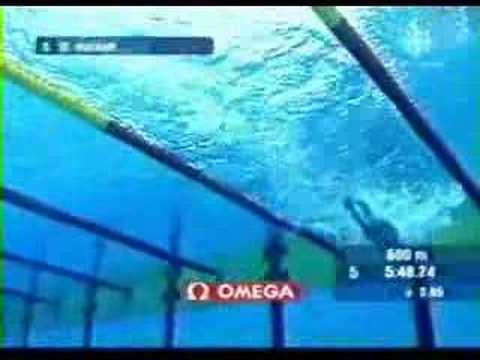[quote]bushidobadboy wrote:
FightingScott wrote:
bushidobadboy wrote:
Swimming is damn hard work, especially if you lack the Bouyency provided by fat. Fat is less dense than water of course, which is why oil floats on water.
Swimming is not recommended for cutting because the body tends to adapt by actually storing subQ fat. I don’t know if this is in response to thermal loss or to improve Bouyency levels.
Bushy
The body doesn’t adapt like that.
You know, I hear you, really I do, but I’m positive I read a fairly convincing study (maybe more than one) that said for equivalent calories burned through exercise, swimmers had a higher proportion of sub Q body fat. Of course there could be numerous factors at play like nutrition or rest, but these were proper athletes, not just serious recreational exercisers.
If it wasn’t for that, and other ‘evidence’ (I use the term lightly, lol - mostly what I see of swimmers physiques (great shape but not that lean IMO)), I would totally agree with you. Nature it seems, may see things differently. I can’t say for sure, even in my own mind, so I’m not going to try and convince anyone else, lol.
Bushy[/quote]
Cause and effect just doesn’t occur like that with induvidual adaptations. Swimmers are not as lean as other athletes, that’s true. Their ideal bodyfat is about 3 percent higher than the ideal bodyfat for other sports, but their ideal bodyfat is still pretty lean.
Swimmers aren’t as lean as sprinters, wide receivers, and middle-weight boxers not because their body senses that they would go faster in the pool from having slightly more fat, but because swimmers don’t burn up that fat and people who are genetically pre-disposed to be world class swimmers carry that tiny extra 2 or 3 percent of bodyfat that allows them to be more boyant. If you go from being a runner to a swimmer, the reason you’ll get less ripped isn’t because your body is adapting to have a better composition for swimming. Your body is just not burning as much fat.
